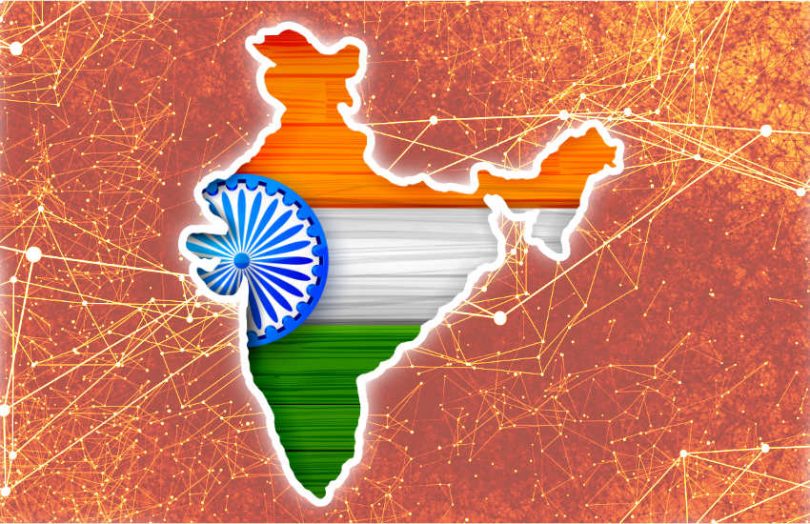Today the CEO of the National Payments Corporation of India (NPCI), Dilip Asbe, publicly called for an Indian Blockchain Platform in an opinion piece in the Indian Express. The NPCI was established by the Reserve Bank of India and commercial banks and operates all of India’s major payments rails, including the UPI.
The surprise is that public blockchains appear to be embraced by the NPCI when the Reserve Bank has repeatedly pushed back against cryptocurrencies. It blocked banks from dealing with exchanges for years until the Supreme Court overruled it. With the government considering legislation, the central bank still wants cryptocurrencies banned.
In the NPCI article, Asbe wrote, “The blockchain models today are either permissioned, which suffice for the need of a consortium, or are public like Ethereum which are unregulated and rely on intrinsic standards.”
Article continues …

Want the full story? Pro subscribers get complete articles, exclusive industry analysis, and early access to legislative updates that keep you ahead of the competition. Join the professionals who are choosing deeper insights over surface level news.






